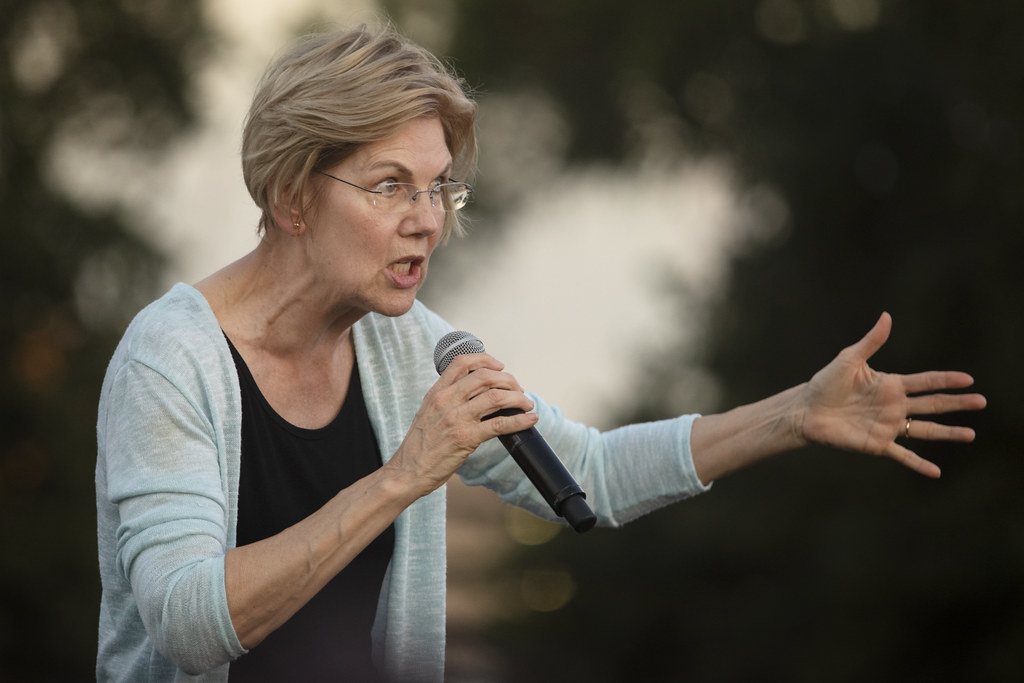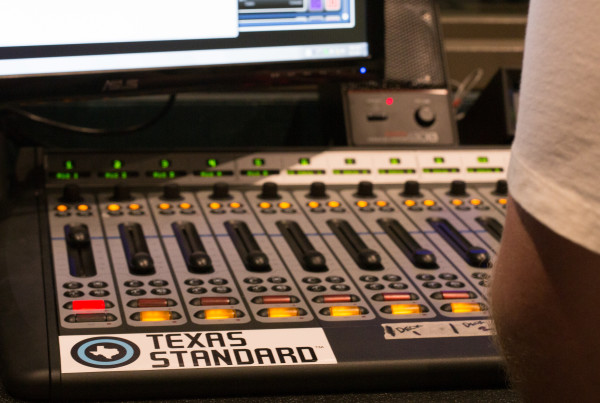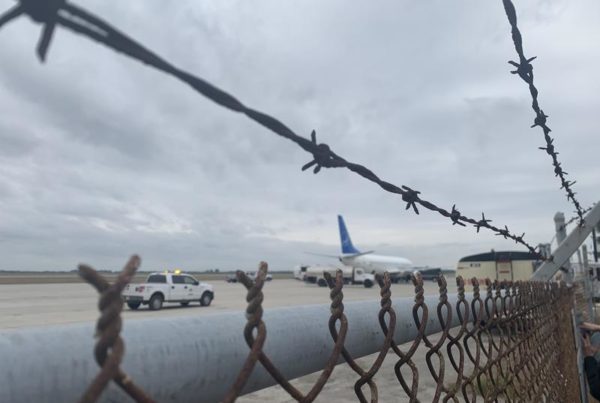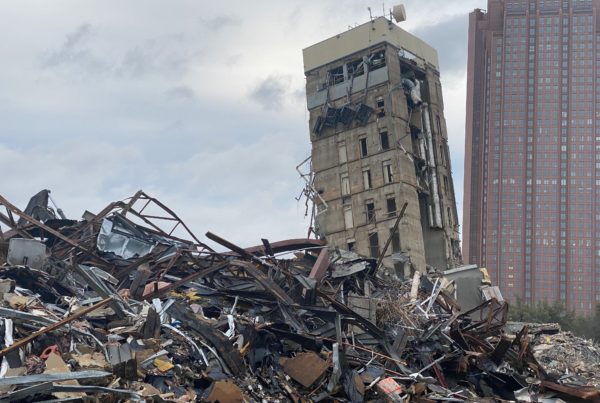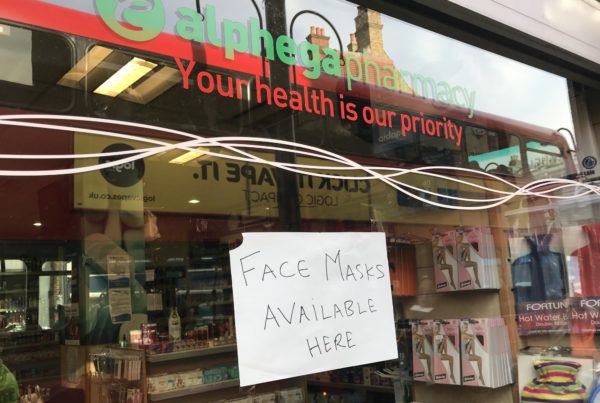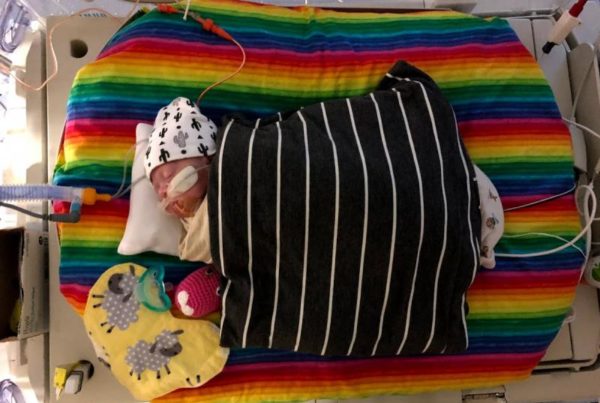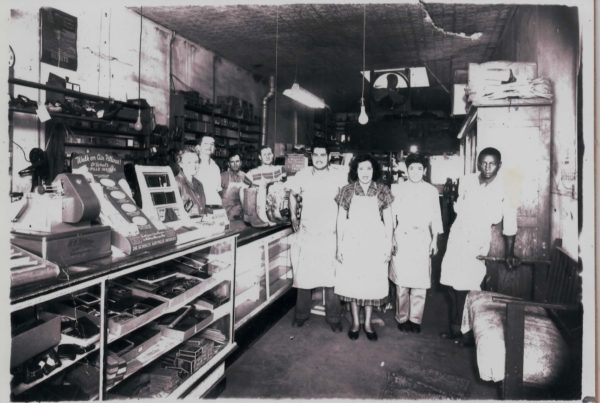Wednesday’s Democratic presidential debate in Las Vegas was the first to include former New York City Mayor Michael Bloomberg. He shared the stage with five other hopefuls, all of whom have been running for far longer, and who, unlike Bloomberg, have been competing in early primary and caucus states. Bloomberg was clearly a target for the other candidates who have been debating one another for months.
James Riddlesperger is a political science professor at Texas Christian University. He says five of the six candidates on the Nevada debate stage were jockeying in order to stay viable in the race. But Vermont Sen. Bernie Sanders, the current leader in most polls, was – and is – not in that situation.
“They’re selectively targeting the people who they think are more likely to keep them from making it to the next winnowing stage,” he says.
Massachusetts Sen. Elizabeth Warren, who has been slipping in polls recently, led the charge, going aggressively against Bloomberg, who has spent millions of dollars on ads and campaign staff in Super Tuesday states, including Texas.
Riddlesperger says the candidates who have been running longest all went after Bloomberg.
“I think it’s safe to say that the other five candidates all resent the fact that [Bloomberg] has simply skipped the first four contests, and hopes to be a latecomer coming in and taking the nomination after the others have been working so hard,” he says.
Warren and other candidates attacked Bloomberg’s past comments about women, and his “stop and frisk” policing policies in New York. Riddlesperger says it isn’t clear whether these attacks will weaken Bloomberg’s campaign. He says the way the media interprets candidates’ debate performances, as well as who supports each candidate, are more important factors than what was actually said.
“Only the passionate people, many of whom have already made up their minds before they listen to the debate, are likely to listen to the debate at all,” Riddlesperger says.
Getting comfortable with a candidate who will eventually be the Democratic nominee is an important reason why those who do watch the debates pay attention.
Later debates like the one on Wednesday also matter because they’re happening as more and more voters go to the polls in primary elections.
“We’re getting to a critical point because, remember that if you add Iowa, New Hampshire, Nevada and South Carolina, all of them combined only have two-thirds of the delegates that Texas has,” Riddlesperger says. “And on Super Tuesday, we’re going to pick 10 times the delegates that we’ve picked in all the early contests combined.”
Written by Shelly Brisbin.


